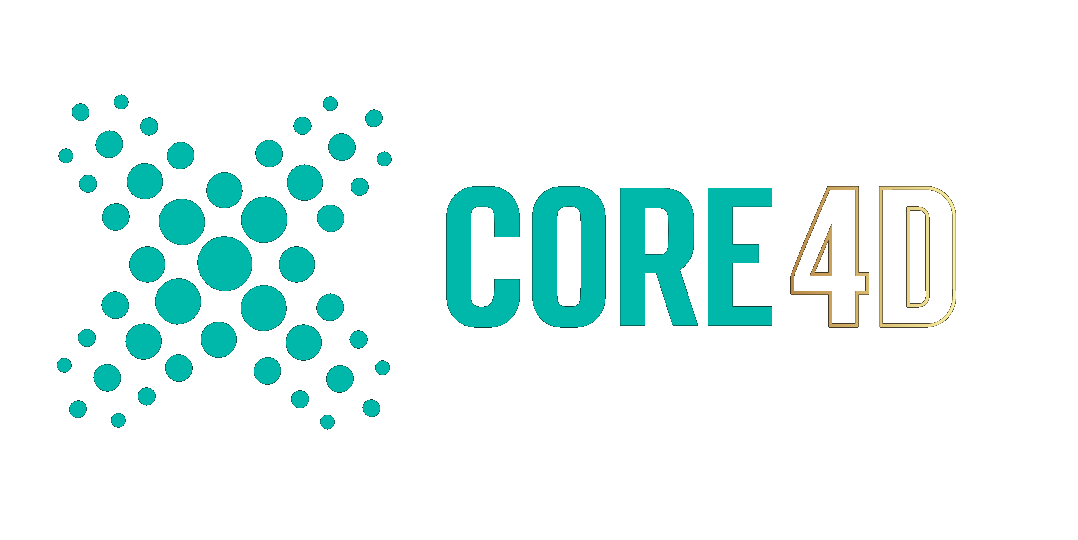Leaderboard
Popular Content
Showing content with the highest reputation on 01/26/2022 in all areas
-
A brief but interesting look at the design process behind the excellent Ornithopters in Villeneuve's Dune... It's the wrong name for it though isn't ? 😉 THAT is an ORDONOTHOPTER if I've ever seen one ! CBR3 points
-
You're not wrong ! That stage piano used to drag me down the stairs after it at all those wedding gigs it admirably survived for 10 years ! In its road case on any slope over 15 degrees it was an absolute menace 🙂 CBR2 points
-
I think Cubase remains the nicest of any of the PC ones, and has the longest history of revisions / improvement, but is also the most expensive (though still very little next to DCC software). Cubase Artist is a good middle ground, and really quite reasonable. what Cubase doesn't do well is scoring, if that is important to you. For that just get Musescore, which is nice and free. Logic remains the winner on Mac. Protools continues be industry standard for audio recording, but its midi abilities are fairly pathetic. FL Studio has some good stuff in it, as does Reaper - either of those are decent lower end alternatives to the big guys. Ableton, IMO is more suited to live work but people can and do use it for studio stuff as well. String and orchestral libraries are very subjective. My personal favourites are all by Spitfire Audio, specially Chamber Strings and BBC Symphonic, which are great if you need to program individual lines, but if you lack orchestration experience and want to start things off my playing in chords (not recommended if going for realism), then Spitfire's Abbey Road 1 might be good for you as it is more weighted to that approach and has a lot of ensemble patches. CBR1 point
-
I’m sure there are lots of new stuff I don’t know about, but the cheapest Apogee interfaces used to be a good way to get pro quality. But taming sound reflections in a home recording space is usually the biggest hurdle to overcome. Good mics and interfaces will not help if the acoustics are not controlled. For DAWs, it’s a matter of taste these days. All of them are really capable. Ableton Live is quick to learn and has a very creative community. Logic is common in home studios. Avid Pro Tools dominates in pro studios. Here’s a good roundup: https://www.musicradar.com/news/the-best-daws-the-best-music-production-software-for-pc-and-mac1 point
-
My youngest son was home for the holidays and he made me drag out my old 1975 Rhodes Stage keyboard for a quick play...I forgot how much fun I had with that beast. Getting back into music during the pandemic seems to be quite common these days.1 point
-
The more i use that new browser the more i hate it. Startup time is midieval as well.1 point
-
So the Pandemic had some benefits then 🙂 I again started to play my instuments more. Mainly the bass guitar. With so many experienced people here. If I wanted to get a cheap first view into recording. ( having a cheap midi keyboard, basses, guitars and a old VDrum and a mic already ). what would you guys consider to be a good starting point? audio interface and what software? I am on PC.1 point
-
That would be Blender nowadays: cool and free. And funnily enough l as well returned to making music a year ago during lockdown. I used to own a Yamaha DX-21 (the dream DX-7 was too expensive for the young me at the time), an electric organ, and a Yamaha cheap keyboard. I now own a really nice Alesis VI61 Midi keyboard, and was amazed to see how good (and affordable) DAWs have become. After trying a few, I settled on Reaper. Really astonishing how powerful that software is - and very affordable, amazingly enough. Only $60 for personal use! https://www.reaper.fm/ I recall similar software costing at least ten times that much. Rather than investing in expensive (sound) monitors, I invested in a high-end open headphones set instead. Things have moved forward since I last played that DX21 😉 I plan on getting an orchestra VST next and compose my own orchestral sounding game themes this upcoming Summer. If anyone has a good suggestion, I am open to them.1 point
-
1 point
-
What music hardware do you use ? I bought a cheap Alesis Midi Keyboard Q49 MK2 for 75€ on Black Friday sales just for the pressure keys and mod/pitch wheels. Before that I used a Yamaha PSR-36 (which costs around 180€ with a quick glimpse in e-bay) which I was pluging to my laptop through a MIDI2USB cable I bought more than 12 years ago for about 15€. I also bought Magix Music Maker 2021 Ashampoo edition on Black Friday sales for about 60€. It did hit a nerve that I had to pay an additional 10€ for enabling VSTis on it but it's still a bargain.1 point
-
The 3DWorld mag, issue 283 features a 2016 short animation called Planet Unknown from CG director Shawn Wang. Planet Unknown recently won Best Animated Short at the Burbank International Film Festival. Software's: Cinema 4D, plugin TurbulenceFD and Octane for C4D were heavily used for most of the tasks. Houdini was used to fracture things. Then Zbrush for sculpting, Mari for texturing, After Effects for compositing, and Premiere for editing. Python and JavaScript were used for scripting in C4D, Mari and AE, which helped speed up the process a lot. It took around 4 months to build the 3D assets. Then Shawn moved on to animatic previews. Each individual shot got more clear and problems to solve became more specific. Then the rest of the time were mainly focused on building scenes, keyframe animation, FX simulation, rendering and compositing. Director biography: Shawn Wang is an animation director and 3D artist. Having a passion for CGI and storytelling, Shawn loves creating narrative visuals through all types of media. Credits: Written & Directed by: Shawn Wang Modelling, Texturing, Animation,Compositing & Editing: Shawn Wang Music & Sound Design by: Echoic Audio Composer: Sam Foster Sound Design by: Tom Gilbert, David Johnston Special Thanks to: Evolutions Re-recording Mixer: Will Norie Executive Producer: Xinyuan Huang Faculty Adviser: Yucheng Huang Special Thanks to System Advisers: Sicong Wang, Jiawei Cao, Horizon Bian Website http://planetunknownfilm.com Shawn Wang http://www.shawnwangvfx.com Echoic Audio http://www.echoicaudio.com1 point
-
Funnily enough I also went back to music after a huge break, at the beginning of the first plague lockdowns, and had a very similar experience to you in terms of prices and updates. My version of Cubase Pro still worked after 8 years of inactivity, and I could also upgrade it for less than 150 pounds to latest version, so did that. Was suitably delighted to find that all my main synths / VST's still worked as well, and much to my relief, Keyscape and Omnisphere. And I was feeling very warm and fuzzy about permanent licences, but still had a problem - I was going back to music to learn to orchestrate, and I needed some proper orchestral firepower, and a lot of it, straight away !! I would have had to have spent thousands to get what I needed. Fortunately, didn't take me long to find EastWest's Composer Cloud, which allowed me access to a vast array of VSTs and EFX including enough orchestral stuff to get started, for less than $15 a month ! So I was able to use that subscription for a year whilst I built up a collection of higher quality instruments I now had time to save for, and now I have permanent licenses for most of the Spitfire Audio Library, which makes me very very happy. 🙂 And, to my surprise, SA keep finding new ways to sell me their more recent VSTs, but they do it with genuinely innovative new products, frequent sales with meaningful amounts off, and generous discounts for people who already own key libraries. They also give away an astonishing amount for free via their LABS instrument, so in my eyes that REALLY makes them good guys - fair prices, permanent licensing, generous discounts, amazing support. I also bought VSTi Serum, not only because it filled any remaining gaps in my synthesizer department (for the very few things Omnisphere is overkill for) but also because I wanted to support and encourage their (pioneering at the time) rent-to-buy plans, which really are, for me, the ultimate holy grail of 'fair play' in digital retail ! So as big a fan as I remain of perpetual licenses, and even more so of rent-to-buy, I was also glad in that first instance that EastWest's Composer Cloud subscription was available. The final stage in my music plans involves cancelling subs to Composer Cloud next year, but perma-buying the 2 items from it that I use constantly - Hollywood Choirs and Spaces II convolution reverb as perpetuals, both of which are still available, and pretty reasonably priced. Happy musicings ! CBR1 point
-
here‘s some of mine: also nebula studios did this one here entirely in c4d:1 point




